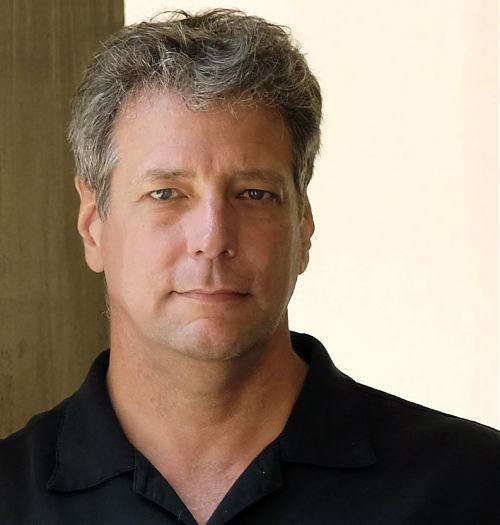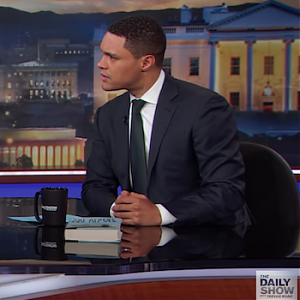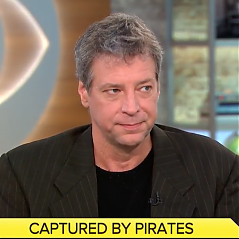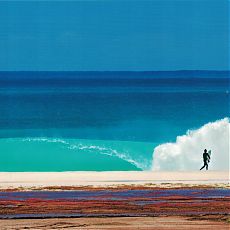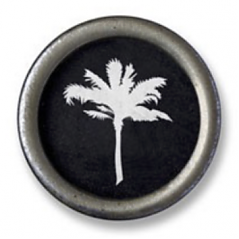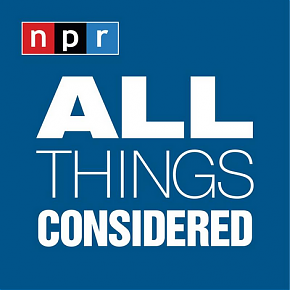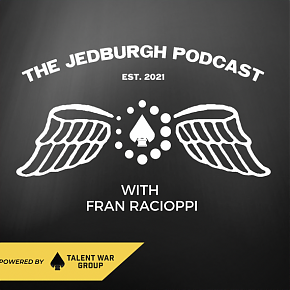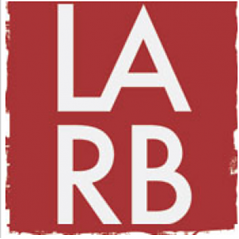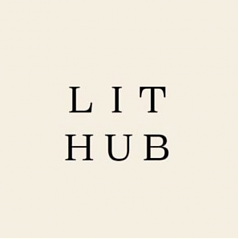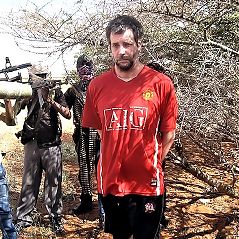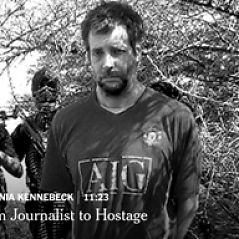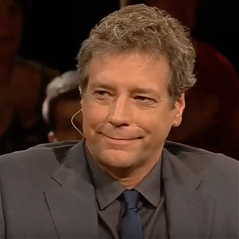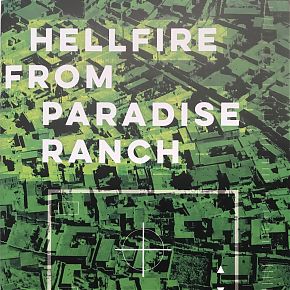I Have Landed
Stephen Jay Gould’s last book.
June 2002
The title of Stephen Jay Gould’s twenty-second book on natural science borrows a phrase his grandfather scribbled in an English primer after he arrived at Ellis Island: “I have landed. September 11, 1901.” Last year Gould — a Harvard zoologist — ended an unbroken run of 300 columns on Darwinism (among many, many other topics) in Natural History magazine; this book would have been a simple collection of his final essays if the World Trade Center hadn’t collapsed on the centennial of his grandfather’s landing. The weird coincidence of dates inspired a handful of shorter pieces tacked onto the end, about Americanism, evil, and the New York skyline. These articles give the book some shape, but they were written in a hurry and don’t stand up to the longer natural-history essays, which are brilliant. Gould’s mind likes to scurry into every corner of high and low culture: Here he investigates Gilbert and Sullivan, myths of the Alamo, forgotten female naturalists, and Vladimir Nabokov’s second career as a lepidopterist. But he always returns to the theme of Darwinism. For Gould the theory of evolution offers a vision of an ancient and continuous “tree of life,” linking all creatures, and he applies this idea of continuity to his own catholic interests. The Nabokov essay, for example, starts with a bland debate over how the novelist’s butterfly-collecting and -classifying might have informed (or detracted from) his fiction; but the piece ends with a fierce argument against the wall between literature and science — a wall Gould himself, who died last month, has spent a career trying to topple.
Michael Scott Moore
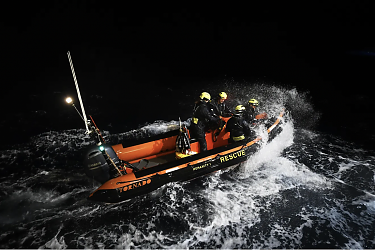
Rafts of the Medusa
Why every day on the Mediterranean is a new scandal for Europe. For both Foreign Policy and Die Zeit.
California’s Attempt at Land Reparations
How land seized from a Black family 100 years ago may be returned. The Bruce’s Beach story from a hometown angle, for The New Yorker
Day of the Oprichnik, 16 Years Later
The novelist Sorokin, the president Putin, his man Dugin, and the war in Ukraine. For n + 1.
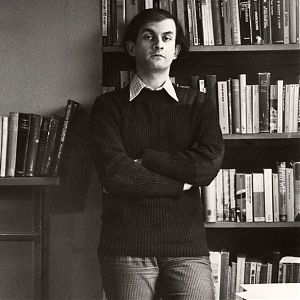
The Rushdie Narrative
Knife and the crumbling ground beneath free speech
There Must Be Some Way Out of Here
An essay on Bob Dylan, “All Along the Watchtower,” and Somali pirate captivity.
That Mystic Shit
The life of Lou Reed in two biographies

Cambodian Seafarers Talk About Pirates
Mike visits Cambodia for The New Yorker to talk about a harrowing shared experience in Somalia
The Muslim Burial
Cambodian hostages remember digging a grave for one of their own. A sequel chapter to The Desert and the Sea
The Real Pirates of the Caribbean
Adventure journalism in Southern California. A travel essay for The Paris Review.

Antifa Dust
An essay on anti-fascism in Europe and the U.S., for the Los Angeles Review of Books
Was Hitler a Man of the Left?
A book that helped Republicans in America lose their damn minds.
Ghosts of Dresden
The Allied firebombing of Dresden in 1945 destroyed the baroque center of what Pfc. Kurt Vonnegut called, in a letter home from Germany, “possibly the world’s most beautiful city.”
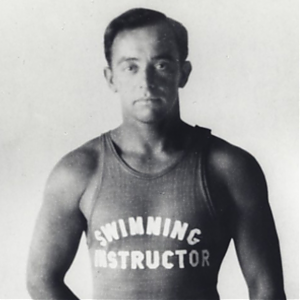
George Freeth, Biographed
The first academic treatment of America’s surf pioneer. Also, was Freeth gay?
It’s Called Soccer
Americans live on what amounts to an enormous island, defended on two shores by the sea, and we’ve evolved a few marsupial traditions that nobody else understands.
Tilting at Turbines (in the Severn River)
The morning was clear and cold, with frost on the church steeple and the cemetery grass. I had a quick English breakfast at a white-cloth table, in my wetsuit, and drove to Newnham, a village on the Severn River in Gloucestershire, parking near the White Hart Inn.
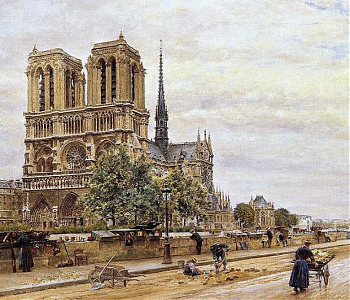
The Curse of El Rojo
I’d packed the car lightly — a bag of clothes, a bag of cassette tapes, a backpack of books, a few essential tools.









